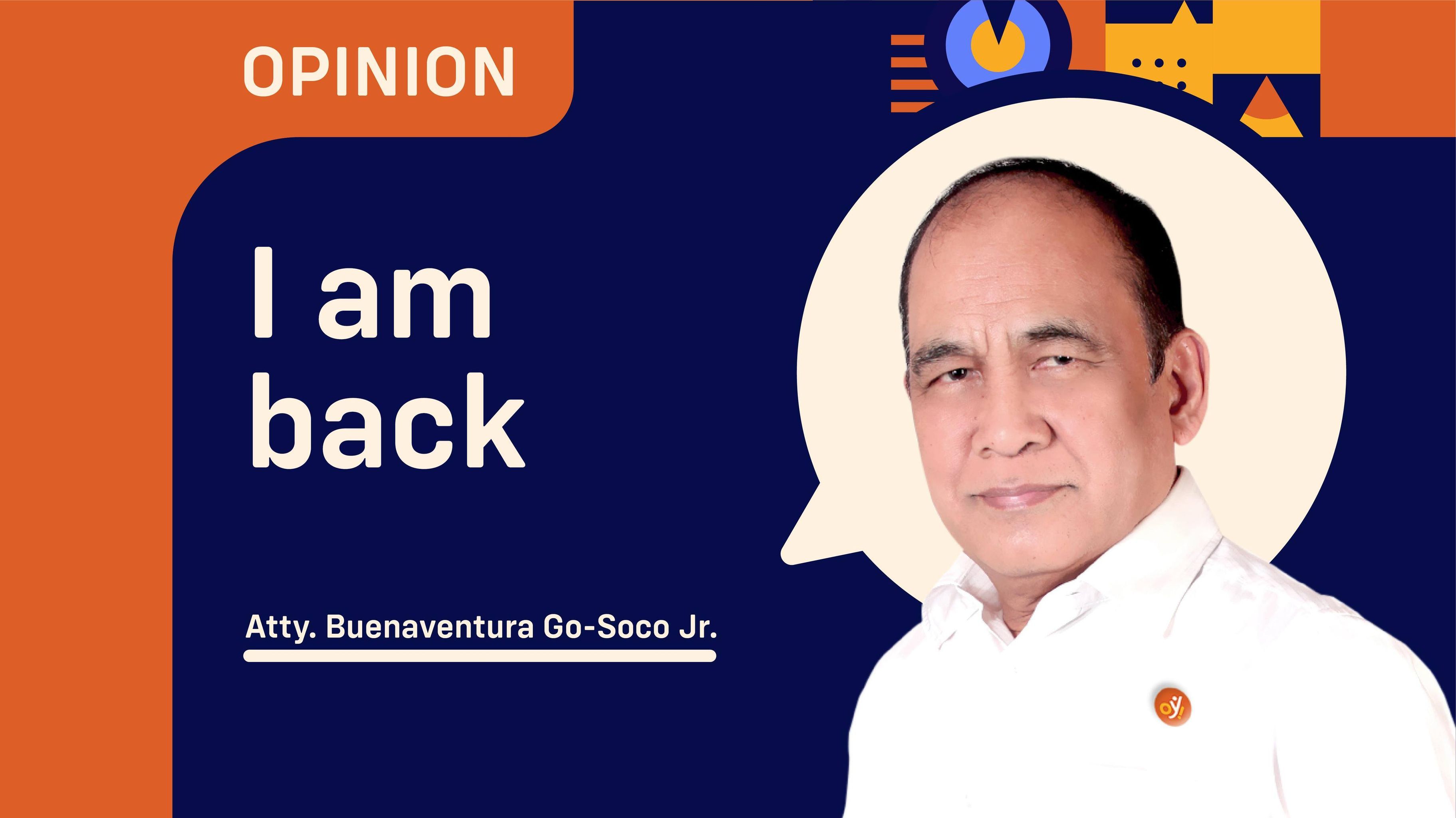Vote-buying is a crime. It is an election offense prohibited in 261(a) of the Omnibus Election Code. But, it is a standard practice in many parts of the country. If it is an act that is repeated over and over, then it must have benefits to both the recipient and the giver of the money. What could these be?
For one, in these times when most of the voters are suffering from economic hardship like unemployment and low incomes, the cash given to influence the vote of the receiver is welcome and solves the constant problem of putting food on the table. It provides immediate relief to poor families. It could be a short-term relief, but it is relief nevertheless.
Also, vote-buying enables the voters to exercise their rights. They don't have to vote for the candidate who gave the money. Some people advise keeping the cash but voting for people who deserve to be elected.
However, in most instances, voters vote for candidates who give them money. And many qualified candidates are not elected because they did not buy votes. This has come to the point that people who are qualified to be elected are discouraged from being candidates because they do not have the funds to run a decent campaign and to buy votes.
Curiously, there is a party-list that has adopted as its campaign slogan – no to vote-buying. Will this party-list get enough votes to get even one seat? This I have to find out.
I have heard of stories that in a province in Eastern Visayas vote- buying can go up to five thousand pesos per voter. Imagine the money that circulates in that community right after the election. Some even say the money is given three days before the election, and voters in this province living in other places go home for this reason. A household with five voters will get twenty-five thousand pesos. A large sum that can incentivize participating in the elections.
And yet this province still has a high poverty rate. A theory that keeps on circulating is that the buyer of the votes does not really want the poverty rate to decline, to keep vote-buying a sustained election activity that make them winners.
Some voters also view vote-buying to benefit a little bit from the fruits of corruption. Many might think this is a perverted view, but it happens. When the stomach is empty, there is no choice. To repeat, there has to be food on the table.
To put it in the context of this region, with the price of palay down to 12 pesos per kilo, does a farmer have any choice? A voter might believe in the slogan – no to vote-buying, but can a voter close his or her eyes to the reality that there has to be food on the table? It is a test of willpower and firm resolve; not impossible, but very difficult to overcome.
#WeTakeAStand #OpinYon #OpinYonColumn #IAmBack
